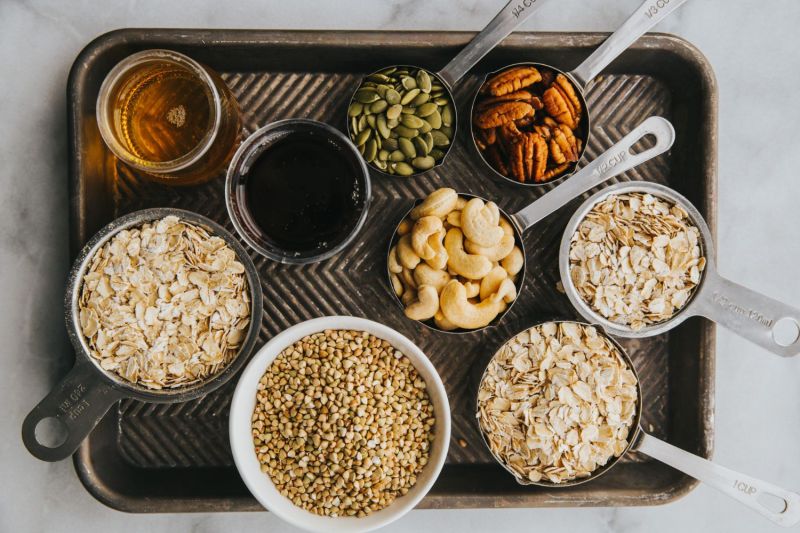
Nutrition is such a crucial factor in weight loss. With the consumption of certain foods, you may be sabotaging your weight loss efforts. While it is obvious that some foods are unhealthy and will promote weight gain, others come as a surprise. These foods contain a high content of hidden refined sugars that cause weight gain.
In this article, we will delve into the world of unsuspecting food that will make you gain extra pounds.
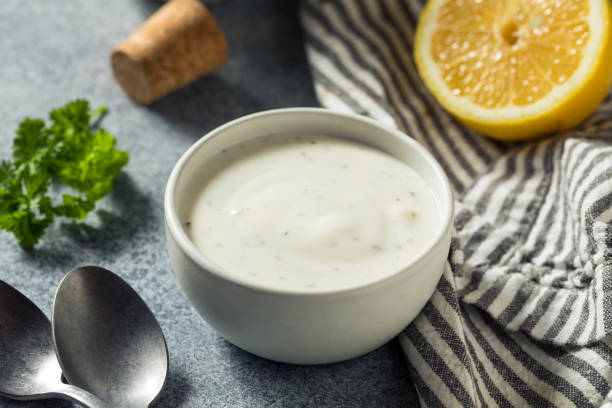
Salad dressings
Salads are made with a variety of healthy vegetables that provide proteins, vitamins, minerals, and antioxidants, which help with maintaining a healthy weight. However, using certain dressings for your salad can upturn your weight-loss-friendly plate to a plate of extra pounds.
Some salad dressings contain high quantities of saturated fat and refined sugars. Saturated fats can have toxic effects, as they increase the level of bad cholesterol. Examples of salad dressings that may truncate your weight loss goals are ranch dressing, Caesar dressing, and fatty blue cheese.
Alternatively, you can use salad dressings such as balsamic vinaigrette, lemon vinaigrette, Greek yogurt, and apple cider vinaigrette. These dressings contain less fat, sugars, and sodium, making them ideal for weight loss.

Sports drinks
Sports drinks appear harmless and promise a boost of energy to help you carry on daily tasks. However, sports drinks contain a large amount of sugar, which is unhealthy and stimulates weight gain.
A 2014 study demonstrated a connection between the consumption of sports drinks and weight gain and increased body mass index in adolescents. Therefore, consuming sports
Instead of sports drinks, you can consume coconut water or even plain water, both of which provide a hydrating effect without exposing you to loads of refined sugars. Apple cider vinegar, tart cherry juice, and match are also great alternatives to sports
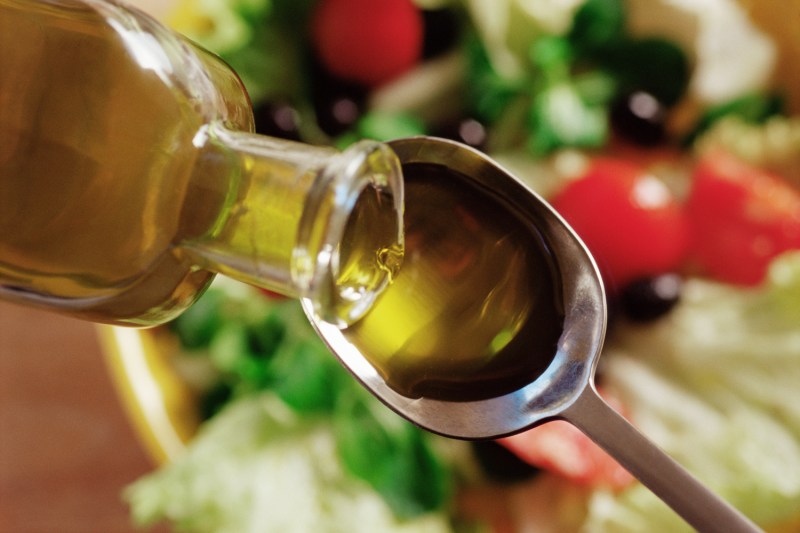
Oils
Though considered a kitchen go-to staple, some oils can hinder weight loss. Cooking oils have a high caloric content and can lead to an overload of daily consumption. However, moderation when using any oil is an excellent solution. The idea that certain oils are more healthy may cause such oils to be used in excess, thwarting efforts at weight loss.
Nevertheless, understanding the characteristics of oils regarding cooking and focusing on replacements, like those containing monounsaturated or polyunsaturated fats such as olive oil and avocado oil, is a step in the right direction.
Additionally, you could try other ways of preparing foods that require less oil use. An excellent example is using an air fryer for your chicken instead of deep frying it.
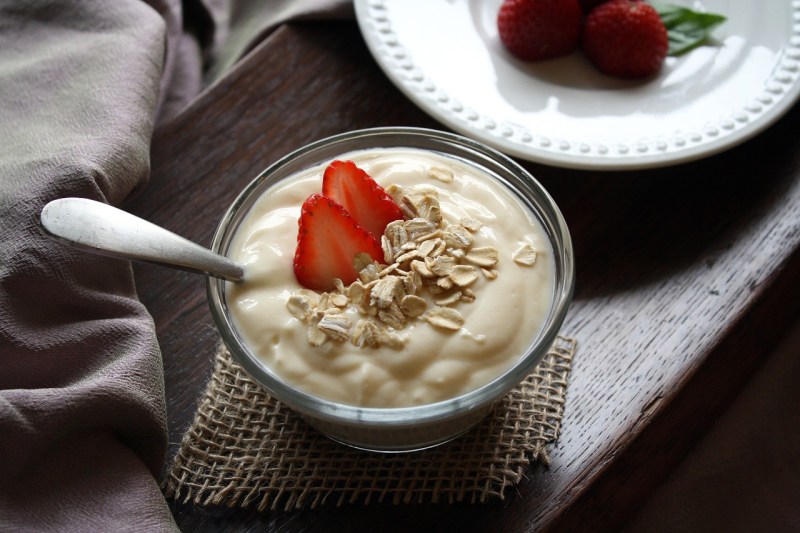
Yogurt
Yogurt, often considered a healthy alternative, can unintentionally interfere with weight loss goals. Although many are full of probiotics and calcium, most commercially available yogurts have additional sugars, artificial colorings, and preservatives, which contribute to the overconsumption of calories.
The assumption that all yogurts are low in calories by default may lead some people to eat too much of these products. Therefore, it is important that weight-loss enthusiasts ensure the critical study of product labels and adhere to plain unsweetened types or thoughtfully use yogurt within the daily calorie allowance.
Additionally, consuming full-fat yogurt and other dairy products high in fat will increase the chances of weight gain. A healthy alternative to full-fat yogurt is Greek yogurt.
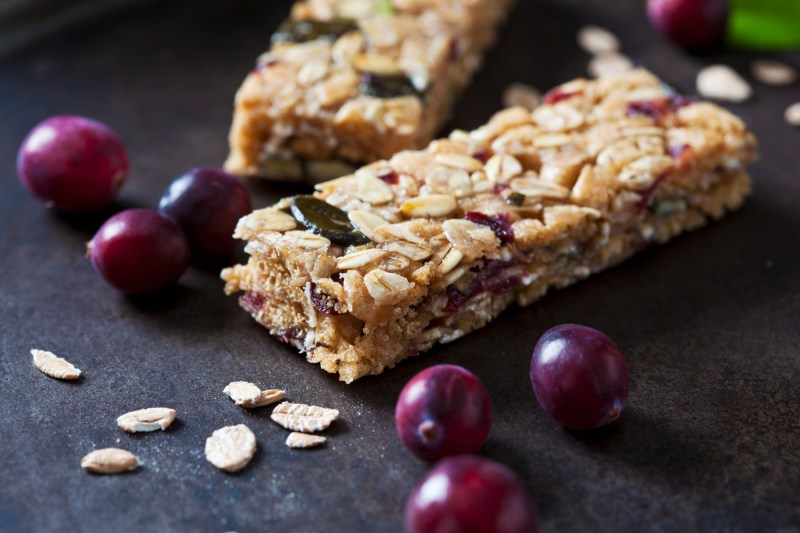
Granola bars
Granola bars are usually considered healthy snack options. They contain oats, nuts, peanut butter, and other ingredients that provide dietary fiber, proteins, and minerals. However, they are also made with artificial sweeteners, flavors, preservatives, and oils that increase the caloric content.
It is important to review nutritional information and choose granola bars that have minimal to no added sugars while also containing healthy ingredients. This will help you to select suitable products for weight loss without losing taste or convenience.
You could also consider making your own granola bars at home with organic ingredients and less sugar.
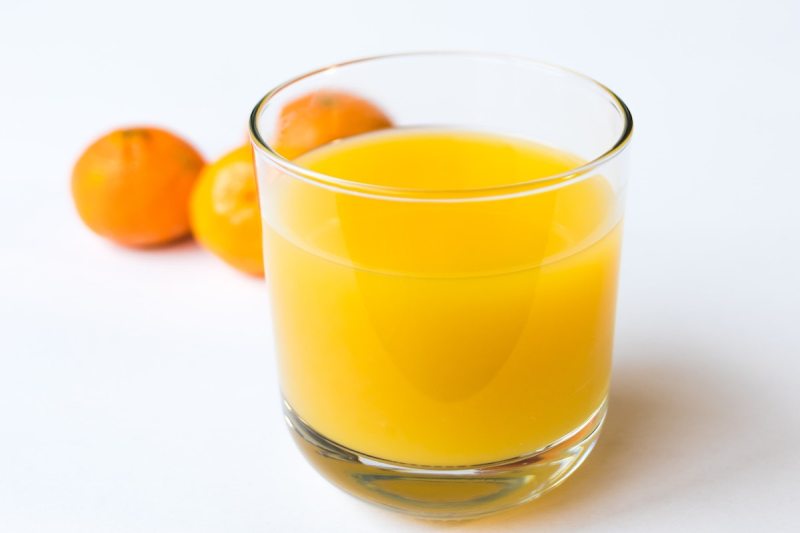
Fruit juice
Even though fruit juices are considered healthy, they can impede weight loss. While they contain some natural ingredients, a significant amount of fruit juices have more refined sugars that increase the number of empty calories in the body.
Frequent consumption of fruit juices may be associated with a high caloric intake that interferes with weight loss. You should choose whole fruits or freshly squeezed juices in moderate amounts – such a decision will allow you to enjoy essential nutrients without eating hidden sugars that stand as barriers to weight reduction.
Having a smoothie that contains all parts of the fruits and vegetables you enjoy will increase the amount of fiber you consume as well.
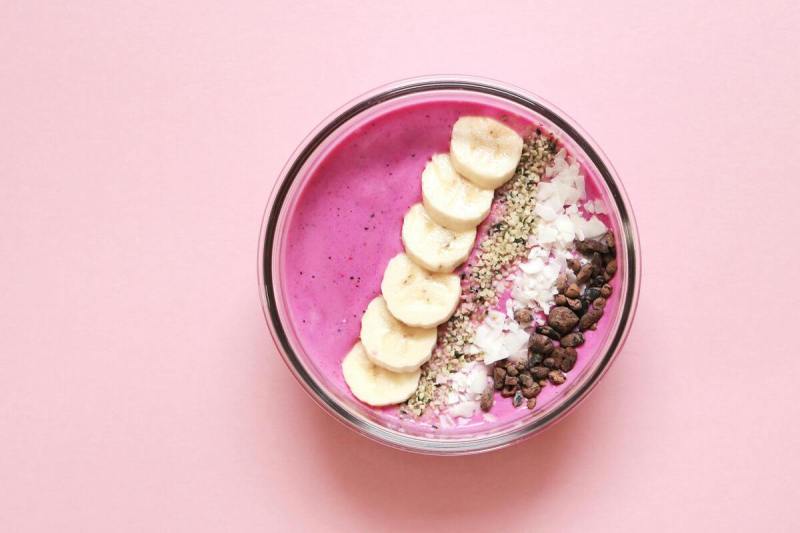
Acai bowls
Acai bowls are large smoothie bowls brimming with toppings or garnishes. They are made from pureed, flash-frozen, pulped acai berries mixed with other frozen fruit. The mixture is put in a bowl and then topped with varieties of nuts, fresh fruits, seeds, granola, and other toppings.
Acai bowls offer a creamy and vibrant mixture rich in antioxidants, essential micronutrients, and vitamins. However, they are often high in added sugars and tend to increase caloric intake, the very factor that hinders weight loss.
You can replace your acai bowls with other healthy smoothie options, such as green smoothies and cherry kefir smoothies.
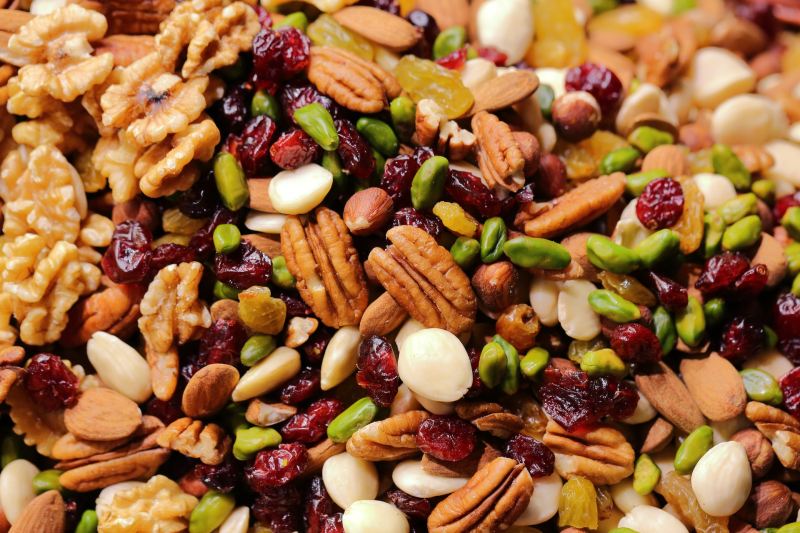
Nuts
Although nuts are widely touted for their nutritional value, the high-calorie value can pose problems to those who want to reduce weight. Though nuts contain healthy fats, protein, and calories, they can unintentionally create a calorie surplus that hinders weight loss if eaten out of control.
Hence, portion control is crucial since the seemingly insignificant handful of nuts might be high in calories. Choose unsalted varieties and add them mindfully to your diet to get the benefits without compromising with weight loss.
Recognizing the health benefits of nuts and caloric density helps you make informed meal choices and strengthens your weight loss journey.
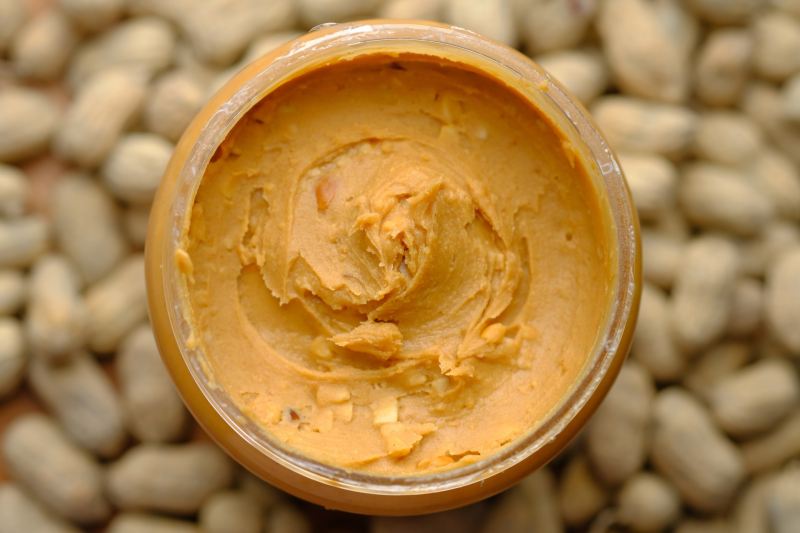
Peanut butter
The average commercial peanut butter contains added sugars and oils, contributing to its caloric density. Along with a high caloric density, palatability can easily cause one to consume more than is required, truncating efforts toward weight loss.
To make peanut butter part of a successful weight loss plan, you can go for brands free from sugars and practice sensible portion control. Alternatively, you can make peanut butter at home to enjoy all the nutrients without counteracting your target.
Fatty meats
Fatty meats, even though they contain protein, may block the progress of those seeking to lose weight because these products have a fairly high content of saturated fats. Overconsumption of saturated fats can lead to calorie excess and interfere with metabolic rate.
Choosing proteins from leaner sources, such as turkey, seafood, and chicken breast, can help you adopt a healthier weight management approach without sacrificing the necessary nutrients.
Editors' Recommendations
- Black tea vs. green tea: Which offers more benefits?
- Should you wait to drink alcohol after working out? Your questions answered
- The important health benefits of magnesium you need to know about
- 5 fantastic mood boosting foods to incorporate into your diet
- Try these 11 foods high in vitamin D for healthy bones




